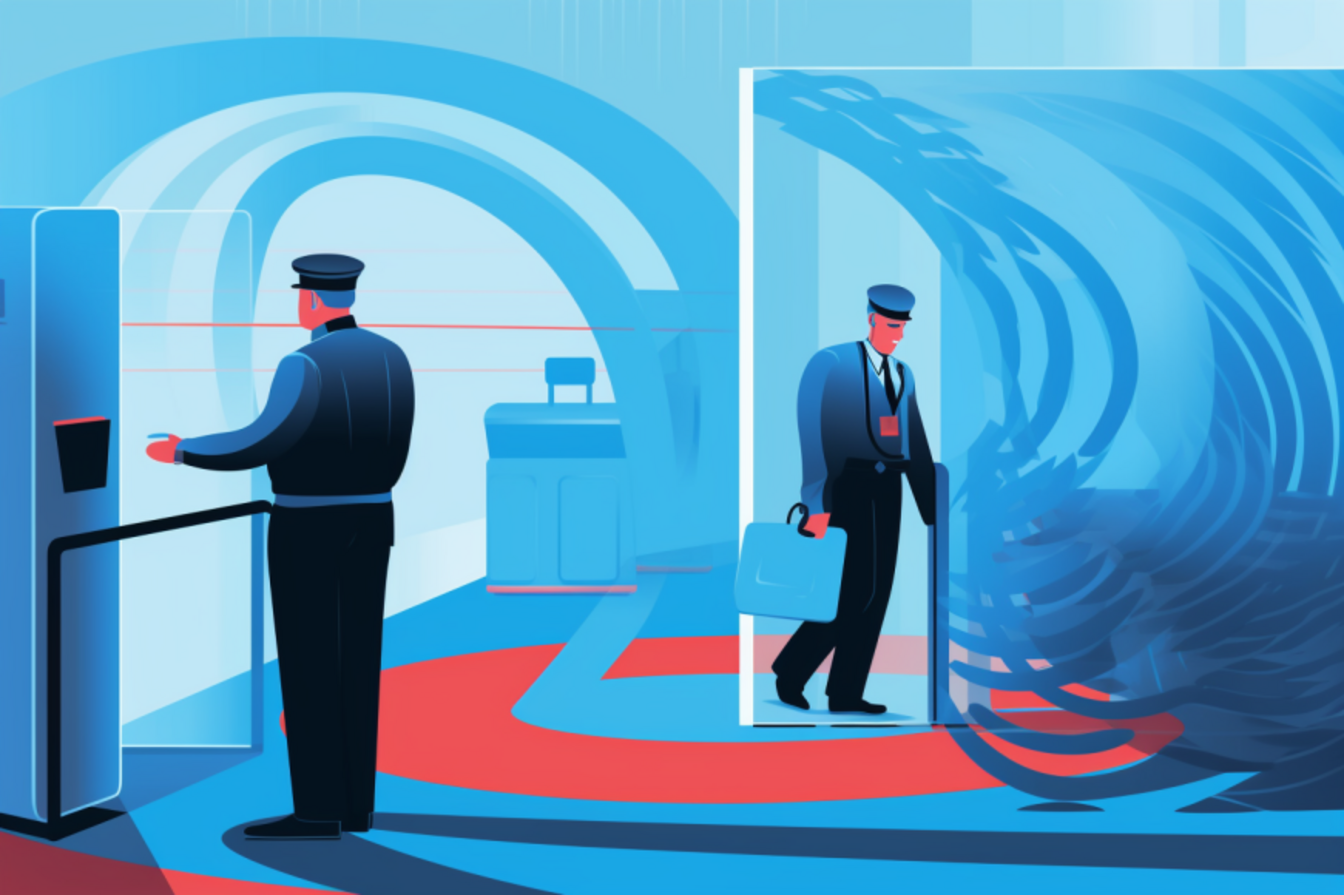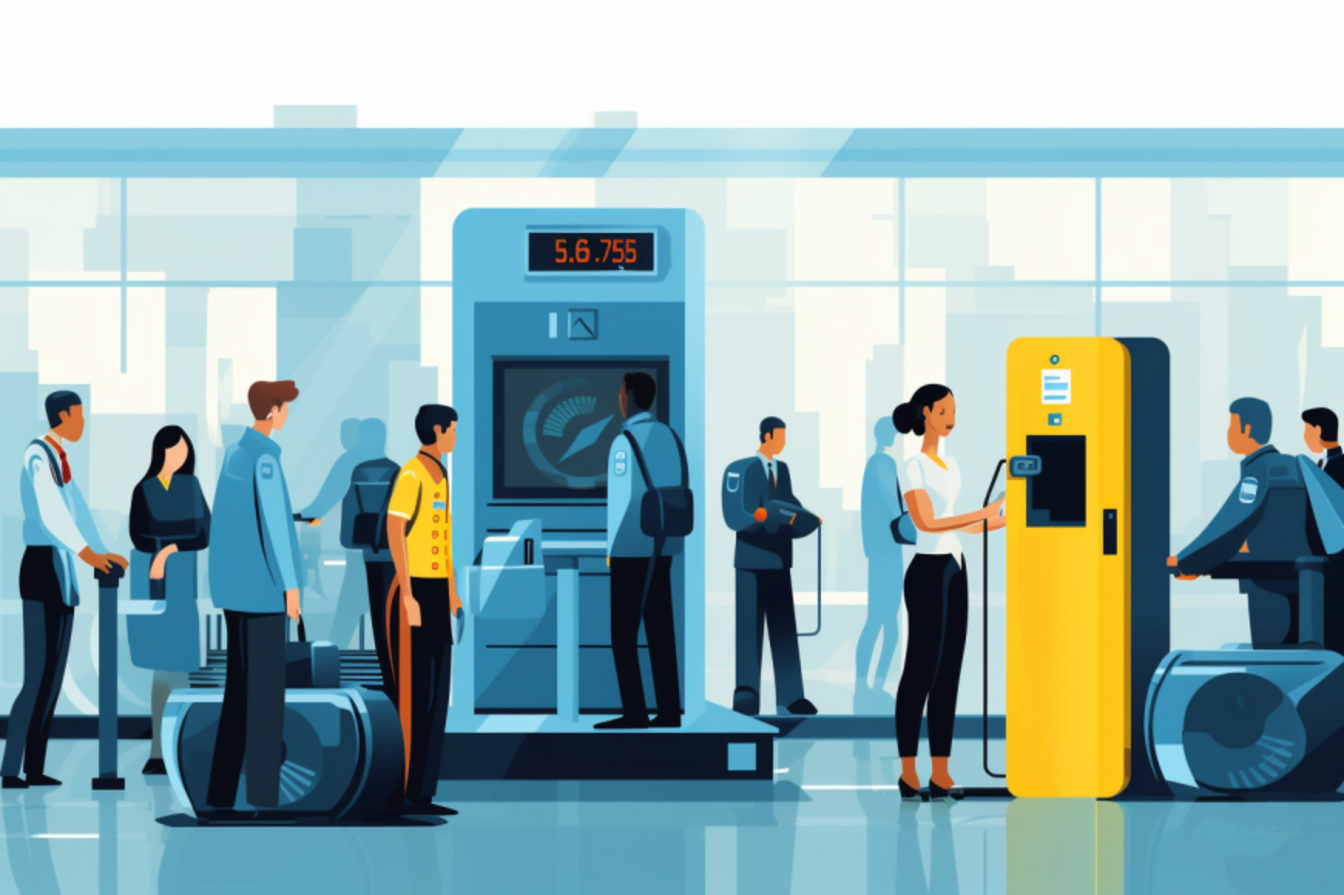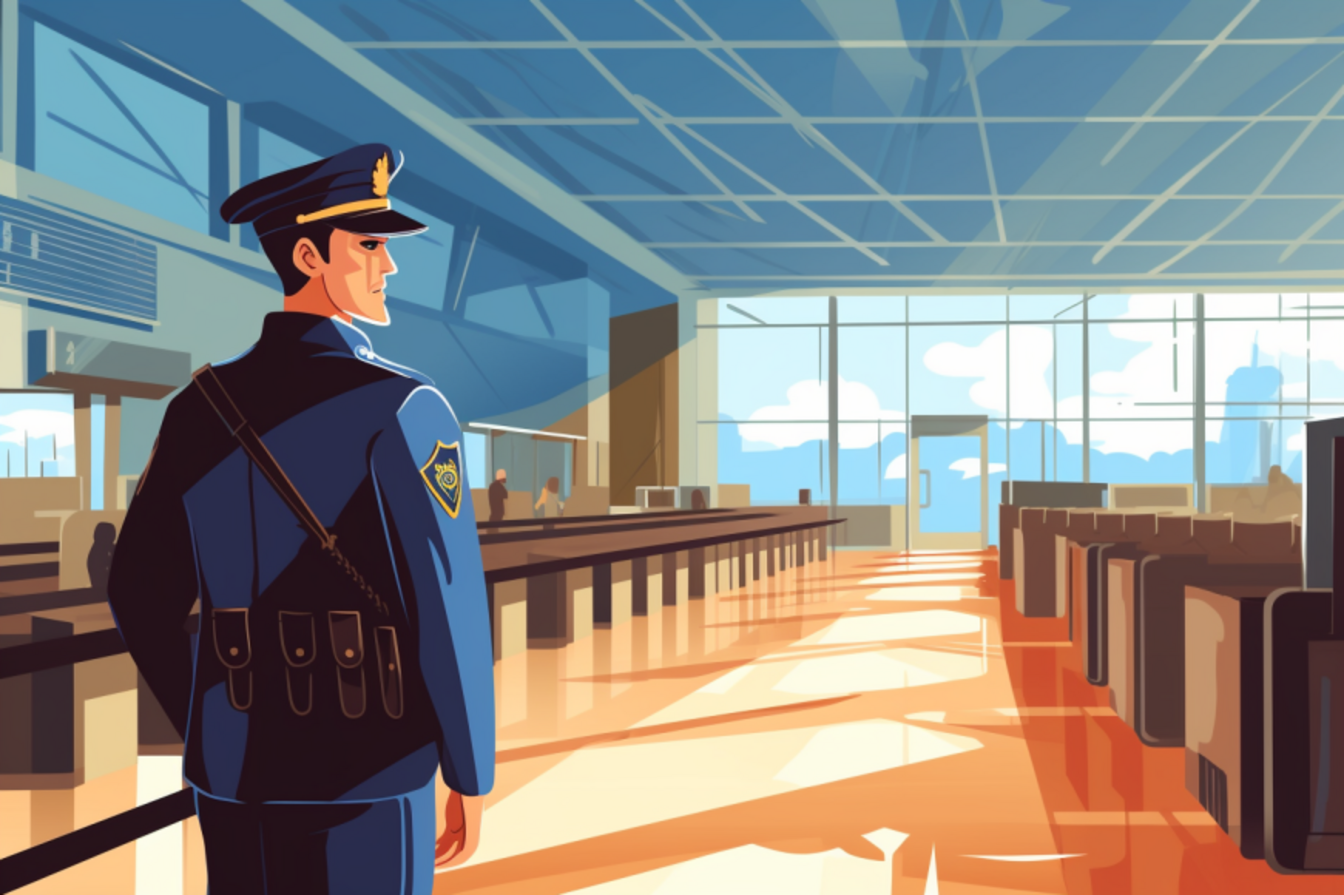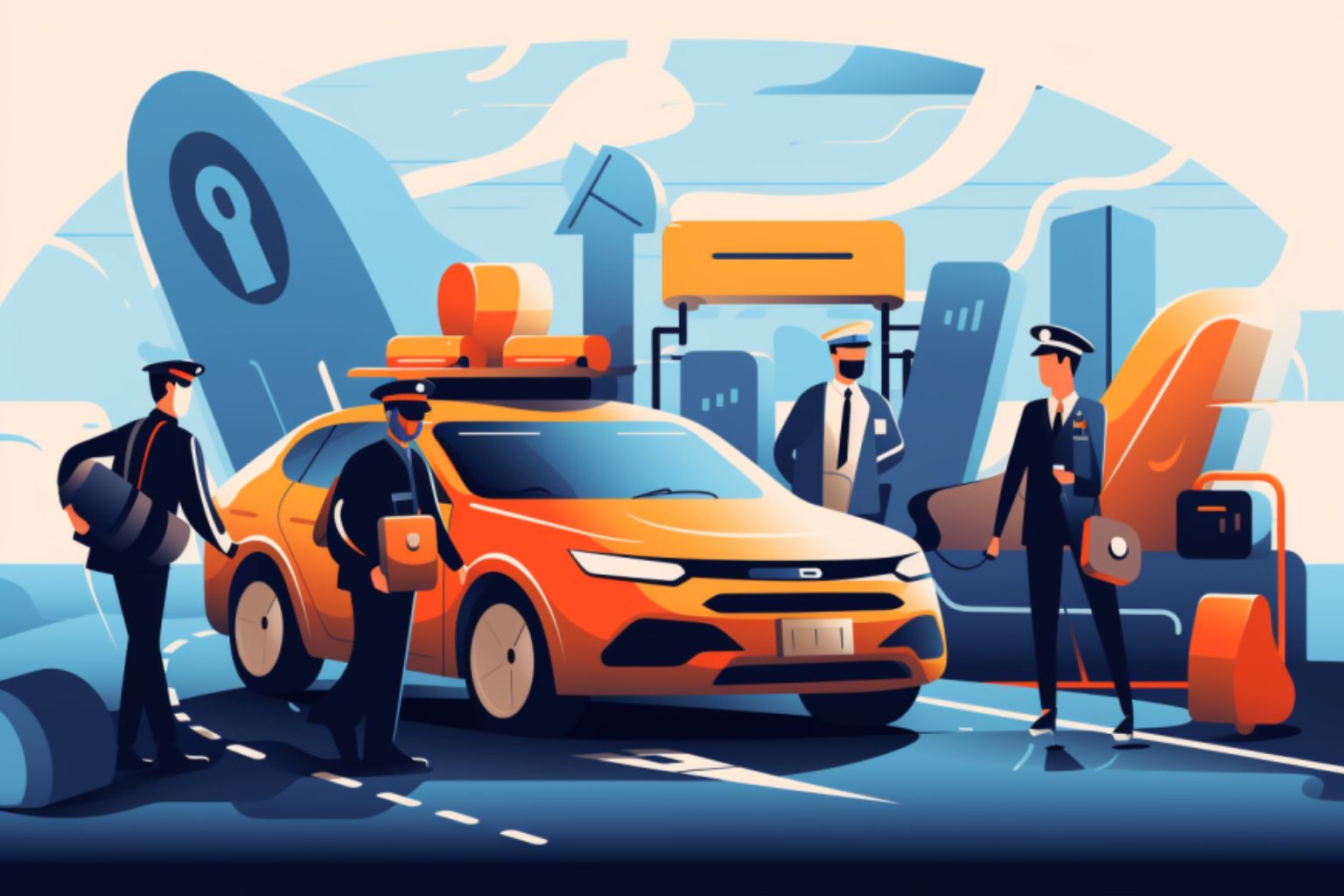Today’s tale of TSA inefficiency comes from the Atlantic Avenue subway station in Brooklyn, NY.
“This station has at least six entrances,” says Jeff, one of my readers who witnessed the spectacle. “But the TSA was only set up at one of the two that I saw. If someone was up to no good they would just walk past the turnstile entrance where the TSA was and go to one of the other entrances. It is such a waste of time and money that they are allowed to do this.”
I asked Jeff if I could mention his observations in an upcoming story. But that’s when he clammed up.
“Do you have to use my name if you write about it?” he asked.
Yes, I told him. I normally use full names.
You’d probably be surprised by how many readers come to me with their TSA stories, only to insist on anonymity. Jeff is just one of many law-abiding US citizens who is afraid of his own government. And it’s easy to see why.
Fear of the “no fly” list
Travelers are afraid that if they speak up, the TSA will add them to the “a list.” They’re not exactly sure which list their names will go on. They’re pretty sure it will keep them from boarding their next flight.
You could blame the odd, incomplete media coverage of the “no fly” list for that irrational sentiment. After all, thanks to a computer “glitch” a child recently is said to have been added to the “no fly” list. And even though that proved to be incorrect — it was a hiccup in the airline’s reservation system — the legend lives on, fueled by the fact that the child they removed from the plane was of Middle Eastern descent.
The takeaway? Anyone could end up on the “no fly” list for any reason.
Truth is, the TSA has nothing to do with the “no fly” list. It’s actually maintained by the FBI’s Terrorist Screening Center, and you don’t get added to it by criticizing the TSA.
If you did, I wouldn’t be able to fly anywhere.
Questioning your patriotism
Other readers are reluctant to come forward because they would be branded as “bad” Americans if they did. Just as they think we should offer police officers and members of the armed services proper deference, they believe it’s disrespectful — if not unpatriotic — to criticize the TSA.
That’s also absurd. Let’s set aside for a moment the fact that TSA screeners have no law enforcement authority and only minimal training, which means they are not the equivalent of a cop or a soldier. If you paid any attention in your civics class, then you might recall we wouldn’t have a United States of America unless the people questioned those in power.
I wanted to tell Jeff that it was his duty as an American to tell me his TSA story on the record. After all, the agency was wasting his tax money on the Brooklyn security circus, and if good people like him don’t speak up, then who will?
This idea that by standing up to the TSA you’re being un-American is a slippery slope toward totalitarianism. Undoing the notion that you’re disloyal to your country by speaking up — that’s not as easy.
Whenever I hear from readers who say it’s just wrong to say anything negative about an agency that’s the “last” line of defense against terrorism, I’m reminded of East Germany after World War II, where speaking up was a crime and dissidents were imprisoned for telling the truth about their corrupt government. I had a chance to see that repression up close and personal when I lived in Europe in the 80s.
Be afraid of not saying something
I’ve observed the TSA as an air traveler, a journalist, and a critic since the agency’s inception. Based on years of watching this agency mushroom to its current size and stature, here’s the thing we should fear the most: silence.
When we shuffle silently through the full-body scanners, allow agents to give our daughters and sons “enhanced” pat downs, remove our gels, liquids, and shoes in a senseless display of security theater without saying a word, then we are destined for a world that should frighten us all.
I’ve seen repressive regimes. And if we continue to allow the TSA to go unchallenged, I fear we may end up looking like one.
Think it’ll never happen in the Land of the Free? I hope you’re right. But I suspect there were thousands of dissidents and intellectuals who said to themselves, “It’ll never happen in my Germany” or “in my Russia.” But it did.
And they would probably tell us now: Never say never.



